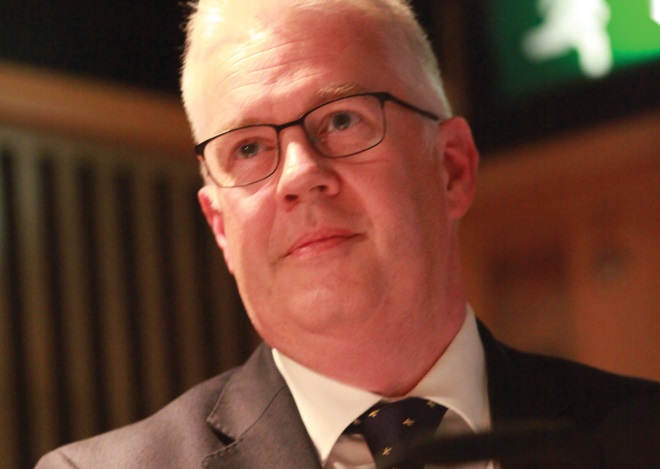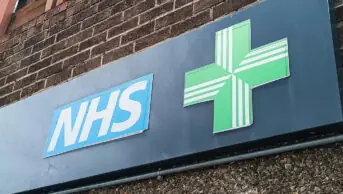
Shutterstock.com

Source: Nadia Attura
Mike Hannay, chair of the NHS Academic Health Science Networks, committed to ensuring that “as many residents, patients and staff as possible can access these innovations, which support primary care and urgent and emergency care needs”
An app that shows patients with minor injuries where they can access the quickest treatment is one of eleven healthcare innovation projects being backed by NHS England in a programme to spread pioneering ideas that could save lives.
Included in the third round of the NHS Innovation Accelerator (NIA) programme is WaitLess, a smartphone app currently being run in East Kent, which helps patients make an informed decision about where to get urgent access to the best care. It displays live waiting time information at all of the healthcare facilities in the area and provides alternatives to A&E, helping the NHS save A&E for those who really need it.
Ian Dodge, national director for strategy and innovation at NHS England, said: “Since it started the NHS Innovation Accelerator has continued to deliver for patients and the taxpayer.”
“It is just one of the ways that the NHS is getting its act together to provide practical help for innovators with the best ideas.
“From a small investment, we are already seeing very big benefits — safer care for patients, better value for taxpayers, new jobs created and export wins,” he said.
Other projects being backed by NHS England include HaMpton, which enables home monitoring of hypertension in pregnancy. Currently, women who have high blood pressure in pregnancy are advised to attend the Maternity Assessment Unit twice weekly for blood pressure monitoring and urine testing, although the majority of these women do not develop pre-eclampsia.
But, with HaMpton, pregnant women input their blood pressure readings and urine test results into an app and then answer a set of questions to help identify the condition. The app then links with a hospital computer system where the data can be monitored by clinicians in real time.
The 15 NHS Academic Health Science Networks (AHSN) in England will work to promote the adoption of these projects across the NHS.
“As a national NHS AHSN network we remain committed to supporting the NIA to ensure that as many residents, patients and staff as possible can access these innovations, which support primary care and urgent and emergency care needs,” said Mike Hannay, chair of the NHS AHSN Network.
“We look forward to working with the new Fellows over the coming months to deliver these innovations at scale across the country,” he added.
In addition to the NIA, NHS England has opened an Innovation Technology Payment system to help NHS organisations quickly spread new innovations. The first group of supported technologies will be announced in 2018.


